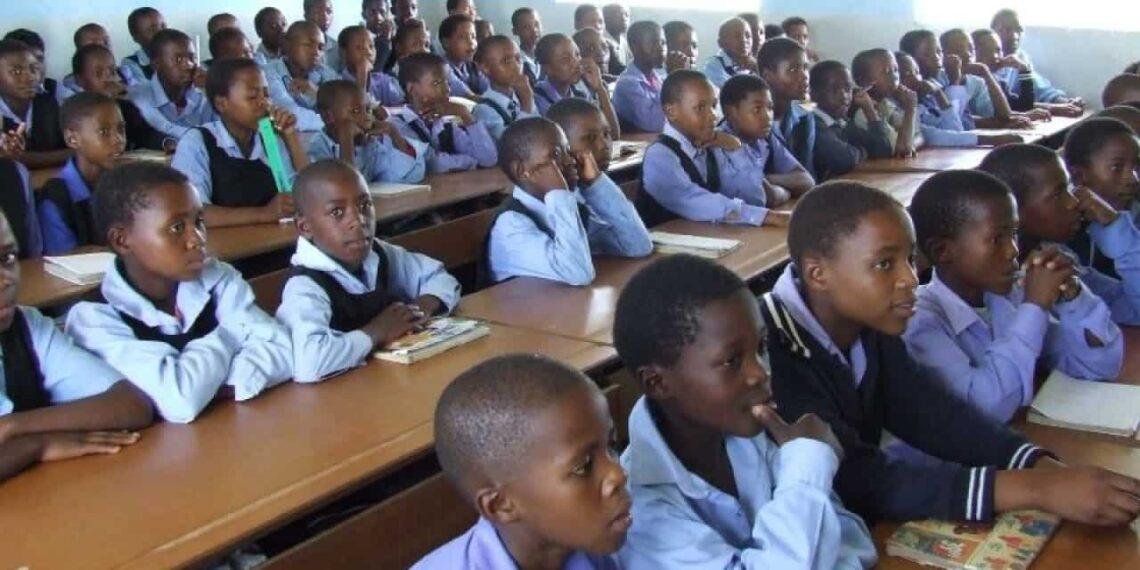The Federal Ministry of Education has set 12 years as the minimum entry age for students seeking admission into Junior Secondary School (JSS1), specifically targeting Non-State (private) schools. This new guideline mandates that every pupil must complete six years of primary education before progressing to junior secondary school.
The directive, contained in the latest education policy framework, reaffirms the national structure for basic education: six years of primary schooling followed by three years of junior secondary education. According to the ministry, this nine-year basic education journey is non-negotiable, and entry into primary one must begin at the age of six, making it compulsory for students to be around twelve before moving into JSS1.
The policy further outlines that nursery education will span three years. Children are expected to be admitted into Nursery One at age three, Nursery Two at age four, and then proceed to one year of compulsory pre-primary (Kindergarten) education at age five, aligning with Section 2(17) of the 2013 edition of the National Policy on Education (NPE).
This development comes amid rising debates over age limits for entry into tertiary institutions in Nigeria. If the new guidelines are strictly enforced, students would be around 18 years old by the time they become eligible to seek admission into universities and other higher institutions.
Read also:
- Federal Ministry of Education clarifies appointment of Vice-Chancellor for Admiralty University
- Education ministry sets up committee to tackle bullying in schools
- School Security: Plateau NSCDC Special Female Squad Collaborates with Ministry of Education
Non-State Schools, comprising private and independent institutions not operated by the government, have been rapidly expanding in Nigeria, especially at the junior secondary level. According to the 2022 Nigeria Education Digest, private schools outnumber their government-run counterparts in at least 26 states at the JSS level. The same report shows a staggering 35.06% growth in Non-State Junior Secondary Schools between 2017 and 2022, compared to just 6.8% for state-owned schools in the same period.
At the primary level, while state schools still outnumber private ones in 19 states, the growth rate paints a different picture. Non-State Primary Schools increased by 31.56% from 2017 to 2022, while state-run schools grew by a mere 3.3% in that period, highlighting a shift in parental preference and investment towards private education.
The Federal Government’s decision to set a uniform entry age for JSS1 in these fast-growing institutions is being seen as an attempt to standardize quality and streamline progression across both public and private schools. As Nigeria’s education sector continues to evolve, stakeholders will be closely watching how this policy plays out, especially in urban centers where competition for early academic advancement is intense.






